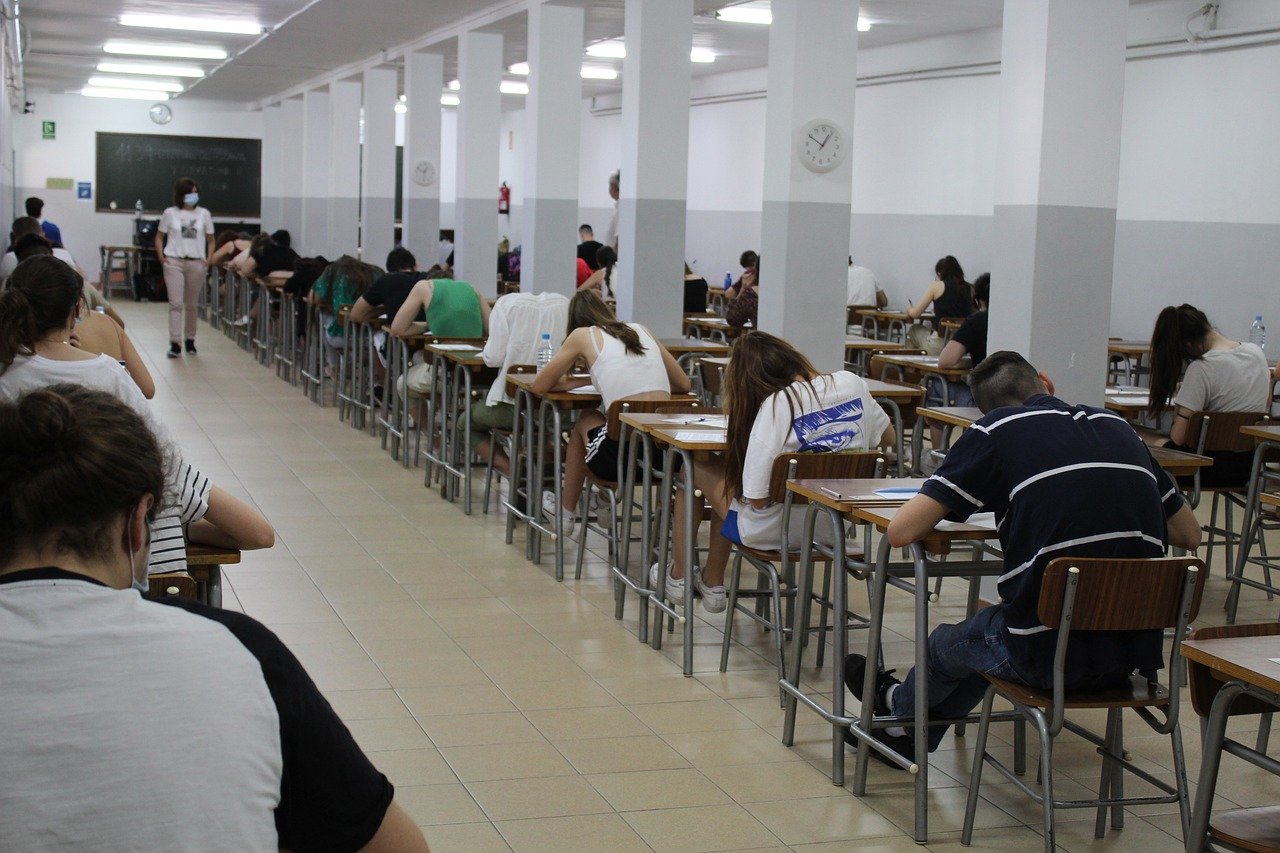US colleges and universities need to reconsider the use of standardized test scores in admissions especially in the wake of coronavirus, a report by The National Association for College Admission Counseling (NACAC) says.
The report recognizes that the SAT and ACT are deeply embedded in the enrollment operations of most American higher education institutions but that is it time for a change.
A task force of NACAC with nearly 14,000 members noted that testing agencies have not been able to ensure the access and availability of tests, their quality, the validity of the scores, and the disadvantages international students face with them.
.@CUNY’s decision to temporarily suspend the use of standardized tests in undergraduate admissions has reignited a push to get the tests out of the university’s admissions process permanently. https://t.co/clGRuqoeCP
— Madina Touré (@madinatoure) August 10, 2020
Even as the unprecedented coronavirus crisis has prompted colleges to temporarily adopt test-optional policies, the task force says, “we cannot simply go back to normal.”
The reliance on the ACT and College Board to provide reliable external assessments of millions of students worldwide needs to shift with the COVID-19 pandemic. With the current situation, more than 50 percent of SAT takers and nearly 50 percent of ACT exam takers are restricted from taking the exam.
Higher education institutions can now come together to reflect on standardized testing practices and review them to ensure a student-first framework.
Concerns About Tests
The report argues that international test-takers have faced barriers to access and that students from underrepresented communities are disparately affected by the test format.
Other concerns include how the ACT and SAT exams magnify ingrained disparities, hold no account for race or income, and do not actively improve every stream of study, for example, liberal arts.
“It is up to institutions to determine whether admission tests add sufficient value to the admission process to justify the social and monetary costs,” the report says.
Recommendations for Colleges
Colleges should evaluate how institutional policies affect higher education and whether the exams will help expand the access of college education to more students, according to the report.
Calling for colleges to be more student-centered, the report asks higher education institutions to recognize the overarching implications of COVID-19 on students in terms of increasing inequities and lack of access.
Colleges need to be transparent, provide clear explanations for testing decisions, and review them frequently. The report also recommends that institutions need to conduct predictive validity studies regularly and share the results to restore public trust in the admission process.
NACAC suggests that institutions make accurate information on admissions, financial aid, and scholarships publicly available. Social distancing and operating in COVID-19 has forced testing organizations to adapt to new methods. The digital divide between students can be reduced with technology leading to universal access and more equity, according to the task force.
In its conclusion, the report calls on institutions to take advantage of COVID-19 disruptions and make carefully evaluated necessary changes to testing procedures.



